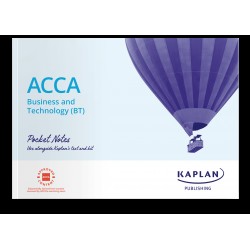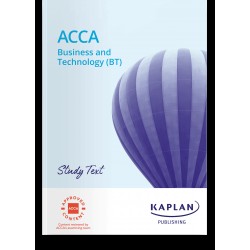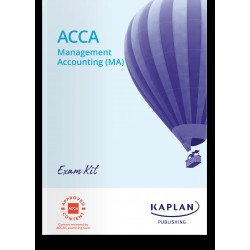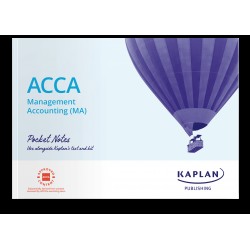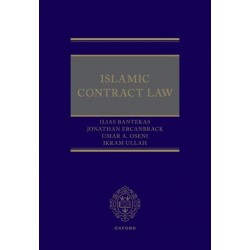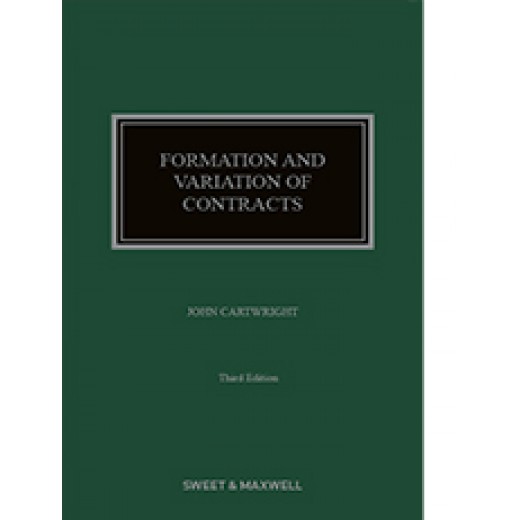Formation and Variation of Contracts deals with topics fundamental to the question of enforceability of promises made and how contracting parties can ensure their transactions are legally effective.
FEATURES:
- Draws together in single volume key issues relating to the formation and variation of contracts, focusing on the rules for their existence and validity
- Brings together topics which are of fundamental importance to practitioners advising on the negotiation or validity of contracts, but on which there is no up-to-date specialist work
- Traces the continuing development of the rules, as a response to changes within the English law of contract and to learn from developments being made in other legal systems
- Highlights areas of contract law where there is likely to be significant debate about possible development in the coming years
- Provides a perspective on the rules for the formation of contracts from an international and comparative dimension
- Includes discussion throughout the book of difficult issues relating to contract formation as they arise in practice
- Part I is devoted to pre-contractual negotiations (including remedies where negotiations fail to reach agreement) and finding the agreement through offer and acceptance
- Part II is devoted to formalities, both in general and in contract in particular, including contracts for the sale of land, consumer contracts, contracts of guarantee and deeds
- Part III is devoted to the requirement of consideration (which gives contract its character as a ‘bargain’ in the common law), both in the formation of a contract, and in the variation of an existing contract
- Part IV is devoted to promissory estoppel, both its traditional role in the modification of a contract and its potential to develop in English law (noting how other common law jurisdictions such as the US and Australia have developed it)
NEW TO THIS EDITION:
Professor Cartwright considers all relevant recent developments, including:
- the developing case law on duties of good faith in negotiation or renegotiation of contracts, noting particularly recent decisions through which the English courts may be becoming more open to giving effect to an express obligation to negotiate or renegotiate in good faith, whilst not accepting a general implied duty to negotiate or renegotiate in good faith;
- cases on the scope of a claim in unjust enrichment where the negotiations for a contract break down, intention to create legal relations, certainty of agreement, formation of the contract following a “battle of forms” between the parties negotiating a contract, establishing the parties’ agreement to the variation (including by novation) of an existing contract, and applying the doctrine of consideration;
- the continuing discussion about the role of emerging technologies in the formation of contracts, including recent work by the Law Commission and other agencies on smart legal contracts;
- cases on the interpretation and application of statutory formality requirements for contracts and deeds, and the use of doctrines of estoppel and constructive trust to give effect to transactions which fail to comply with formality requirements;
- the continuing reception (both positive and negative) by case law and commentators in England and in other common law jurisdictions of the decision of the Supreme Court in MWB Business Exchange Centres Ltd v Rock Advertising Ltd (2018) in relation to the binding force of “no oral modification” clauses;
- the significance for topics discussed in the book of the withdrawal of the United Kingdom from the European Union; this includes changes made to the EU law retained within English law after the end of the EU withdrawal agreement implementation period, and the impact of the Retained EU Law (Revocation and Reform) Act 2023 and other legislation, already passed or currently in progress or planned, to remove legislative provisions which derive from EU law.



